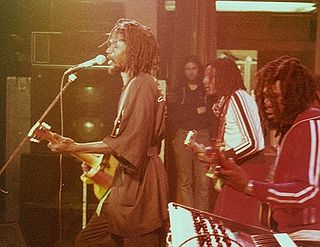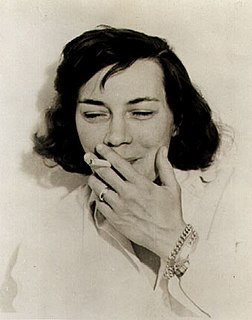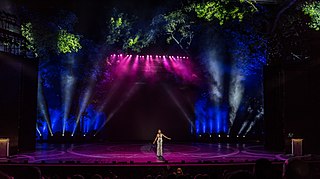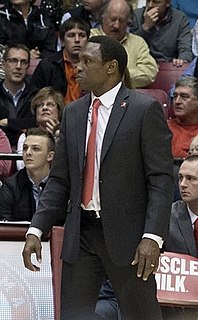A Quote by Stephen Kendrick
By the time we got to Courageous, we were bringing in more outsiders, so any time we would bring in outsiders, we would offer to pay them, and [as for volunteers from] the church, because they were getting the benefit of the income to all the ministries of the church and the mission, the building program and all those things, they knew up-front that they were volunteering and gladly did so.
Related Quotes
If churches saw their mission in the same way, there is no telling what might happen. What if people were invited to come tell what they already know of God instead of to learn what they are supposed to believe? What if they were blessed for what they are doing in the world instead of chastened for not doing more at church? What if church felt more like a way station than a destination? What if the church’s job were to move people out the door instead of trying to keep them in, by convincing them that God needed them more in the world than in the church?
Before the church responded, a lot of people would ask us, 'Are you afraid of what the church would say?' And Trey and I were like, 'They're going to be cool.' And they were like, 'No, they're not. There are going to be protests.' And we were like, 'Nope, they're going to be cool.' We weren't that surprised by the church's response. We had faith in them.
They were not friends. They didn't know each other. It struck Tom like a horrible truth, true for all time, true for the people he had known in the past and for those he would know in the future: each had stood and would stand before him, and he would know time and time again that he would never know them, and the worst was that there would always be the illusion, for a time, that he did know them, and that he and they were completely in harmony and alike. For an instant the wordless shock of his realization seemed more than he could bear.
Of course you can more easily recognise the outsiders because they have a different skin color. But let us take for instance the relationship between the White Anglo-Saxon Protestant majority in America and the negroes. What is important here is that the negroes were the descendants from slaves and were excluded from power, while the white majority kept them at bay, kept them down, kept them where they are. If the negroes in the future became assimilated and acquired equal power access, if there were a black president, then many of these things would change.
I can govern by bringing people together. And also, I've been tested in a way no one else has. I was governor on September 11th, and I'm proud of my leadership in bringing New York through that time. And when I left, we were stronger, we were safer, and we were more united than at any time in my lifetime.
Many people believe in eliminating gaps and eliminating poverty. They don't realize that in some sense those two things are antithetical. If you were to double everyone's income, or if everyone's income were doubled naturally over the course of time, then you would reduce poverty significantly but you would have also increased the gap.
Growing up in New Orleans, my mom and dad were churchgoers. I would go to church with them. Also, I was going to a Catholic school so I had a fascination with the Catholic Church mainly because, in my mind, (their services) didn't take as long. I was bouncing in between my mom's Baptist church, which was called Second Zion Baptist, and going to a Catholic Church.
"Did those nice church ladies come by again?" He nodded. "I asked them if a man died and then the woman remarried, and then the three of them met in heaven, would it be a sin for them to have a threesome, since they were all married in God's eye. And they decided they were late to be somewhere else."




































